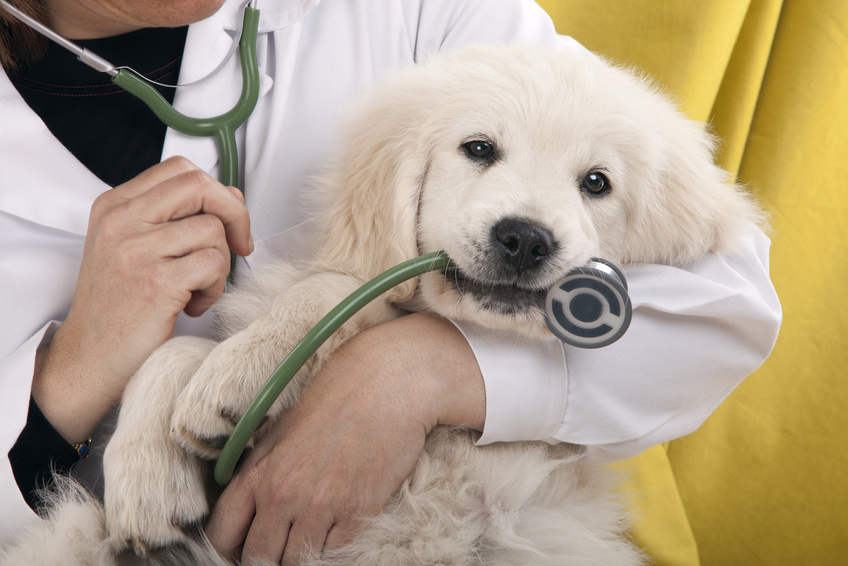Human Medicines That Are Safe for Pets
From the #AskTheSquad files:
One of the more common questions we receive is “Is it ok give my pet ( insert human medication here )?”
The answer is yes, there are some human medications that are safe for pets (see list below), BUT you must ALWAYS consult with your veterinarian before giving your pet any type of medicine. Your vet will guide you on the type of medication for the medical issue and the correct dosage. Even though these medications are considered safe for pets, the dosages for pets and humans are vastly different and giving your pet the wrong amount can be fatal.
Here is a list of medications, when administered properly, are safe for pets:
1. Benadryl – antihistamine and mild sedative
Benadryl can be used to help treat allergic reactions and also and a mild sedative for pets who are stressed by car rides or fireworks. Can also prevent motion sickness. Side effects include dry mouth, decreased urination, vomiting, lose of appetite and possible hyper-excitability in cats.
2. Dramamine – motion sickness and vertigo
Relieves symptoms of motion sickness and vertigo (dizziness). Most common side effect is drowsiness.
3. Glucosamine, Chondroitin, & Omega-3 Fatty Acids – improves joint health
These supplements can be given to senior or injured pets to help with pain caused by arthritis and other joint issues with little to no side affects.
4. Hydrogen Peroxide – emetic
Helps to induce vomiting in pets, BUT you must FIRST talk to your veterinarian. There are some substances or objects that if regurgitated can cause more damage on the way back up.
5. Lomotil – antidiarrheal and cough suppressant
In addition to treating diarrhea, lomotil is often used as a cough suppressant in dogs by helping to dry out air passages and reduce the spasms that cause coughing. But because it is also an antidiarrheal, side effects may include constipation.
6. MiraLAX – reduce constipation
In small doses, MiraLAX can be given to your pet to help relieve constipation. Although its usually safe, you must consult with your vet to determine the proper dosage. Overdosing can cause an upset stomach and diarrhea.
7. Pepcid – reduction of stomach acid and protection of the stomach lining
Pepcid can be used to treat or prevent ulcers and inflammation caused by excess stomach acid. Side effect in dogs can include loss of appetite and drowsiness. Signs of overdose include vomiting, increased heat rate, red mouth and ears, pale gums, restlessness, low blood pressure, and collapse.
8. Prilosec – reduction of stomach acid
Prilosec is another medication for stomach acid reduction. Side effects may include decreased appetite, vomiting, diarrhea, flatulence, and changes in urination or behavior.
9. Saline Eye & Nose Drops – moisturizes and relieves congestion
Children’s nose drops help clear the upper airways of congested cats. Saline eye drops help relieve mild conjunctivitis and other eye irritations.
[source: PetMD]
*Got questions? We’ve got answers (well, at least some)! Send us your questions about pets, life, love or the general state of the universe and we’ll do our best to impart knowledge and wisdom! Your question could be featured in our next newsletter. Send us your questions on Facebook or Twitter with the hashtag #AskTheSquad or email us at info@squadfiftyone.com

